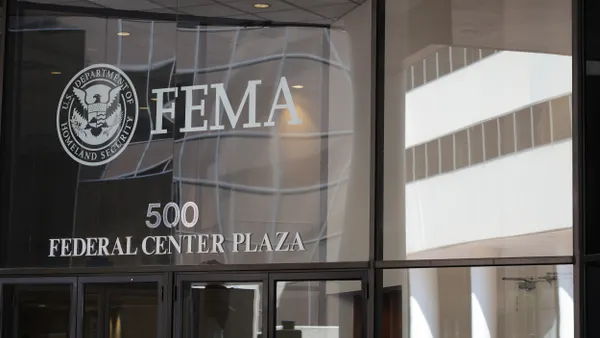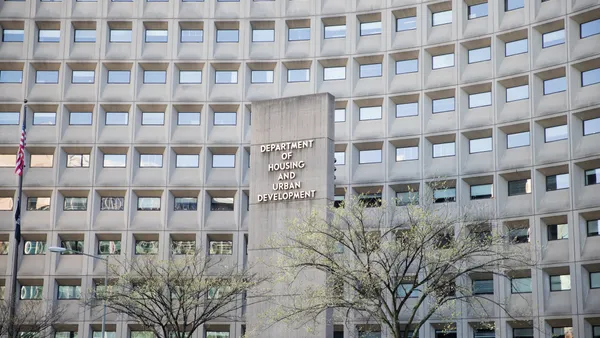Dive Brief:
- Atlanta Mayor Keisha Lance Bottoms said the cyberattack on the city earlier this year came as a complete surprise, as cybersecurity had not been a priority for elected officials or residents.
- Bottoms said during a speech at the start of the Smart Cities New York conference that initially, the subject was "not a topic of conversation," but that has since changed as residents experienced the attack’s impacts first-hand.
- "We built a system based on communication rather than security, but welcome to 2018," she said. "It’s something that all mayors and cities need to have top of mind."
Dive Insight:
Atlanta refused to pay the ransomware that crippled its servers and computer systems, but was still feeling the effects weeks later as it struggled to regain control of its technical infrastructure. The cyberattack forced many city government functions to be carried out using pen and paper rather than electronically, something that Lance Bottoms joked forced some younger employees to "practice their penmanship."
Beforehand, cybersecurity had not been a priority for residents and elected officials, but it quickly became paramount when the cyberattack meant people could not carry out normal functions. Bottoms said that became something of a teaching moment for everyone, even those to whom cybersecurity may not seem relevant. "My 70-year-old constituent might not understand it, unless she can’t pay her water bill," Bottoms said. "Or a 21-year-old can’t pay his parking ticket to get his license back.”
The attack came just 80 days after Bottoms took office, and she said it has helped the city build new infrastructure and break down silos between government departments. Atlanta officials had apparently not realized they needed to make those changes, but the ransomware and its consequences made people think again.










